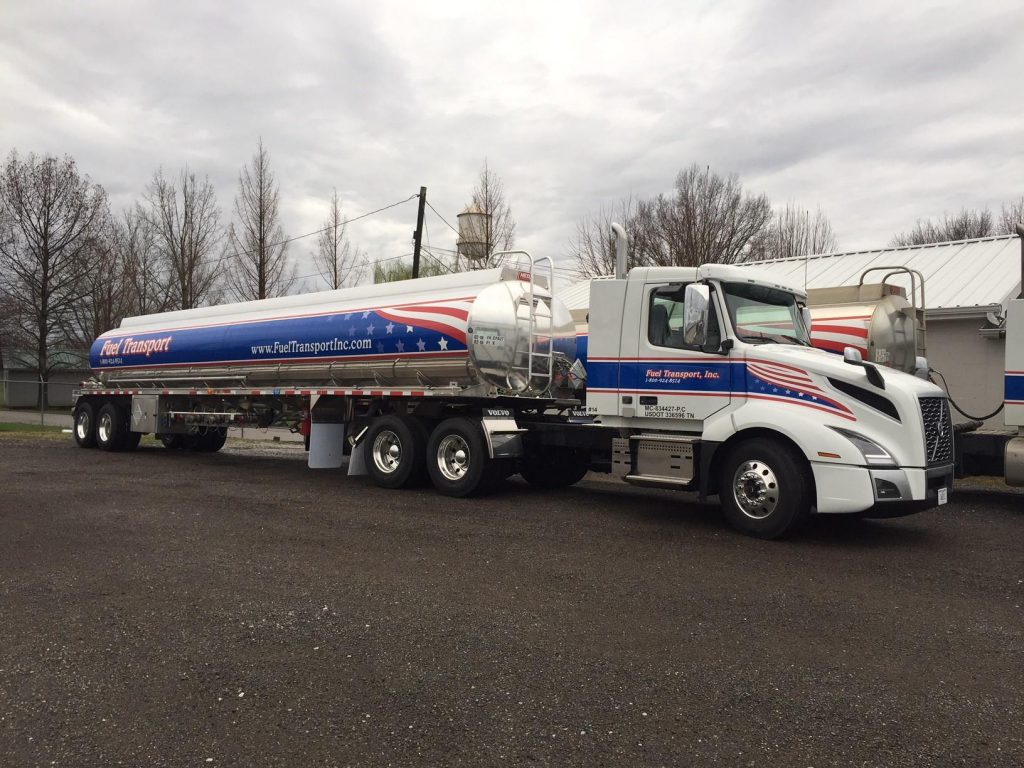Propane shortage looms as strike at Canada’s biggest railroad enters third day

Shippers scrambled to shift freight onto trucks on Thursday as a strike at Canada’s biggest railroad, Canadian National Railway Co, entered its third day and left many goods stranded.
Some 3,200 unionized employees, including conductors and yard workers, hit picket lines on Tuesday in the biggest such action in a decade. The strike, which is over working conditions, has slowed output at industrial plants making chemicals, canola oil and other products.
Some major retailers and pulp and paper companies have started hiring trucks from Montreal-based Fuel Transport, even though they cost more than rail, said President Robert Piccioni. Some other are just waiting for the strike to end.
“When things like this go off the rails, we can ramp up and give (customers) the extra capacity, even at extra cost”
“When things like this go off the rails, we can ramp up and give (customers) the extra capacity, even at extra cost. But as soon as the rail comes back, it’s gone.”
Picking up more business is a revenue opportunity, but the rail strike also forces transportation firms to scramble. While Piccioni was speaking to Reuters, he was notified of a customer placing an order for 50 trucks hauling tanks of food-grade liquids.
That will require more tanks than Fuel Transport owns, but Piccioni said he would get to work buying or renting the additional equipment.
“There’s immense pressure on my team to get this done, to turn over our daily operation,” he said.
Alberta trucking firms have seen a modest pickup in work, as short-haul jobs they would normally handle from trains to customers turned into longer trips, said Jude Groves, chairman of the Alberta Motor Transport Association.
“Everyone’s hedging their bets a bit. Generally the impact of rail strikes is widespread and short-lived.”
CN Rail Chief Executive JJ Ruest said in a statement on Thursday he regretted that customers were inconvenienced and was committed to finding a solution.
The railway has proposed binding arbitration, an option that the Teamsters Canadian Rail Conference union has rejected.
The union’s concerns center on fatigue, safety and ensuring that workers’ breaks are not reduced.
Lyndon Isaak, president of the union, told Reuters that workers were “extremely happy” with Prime Minister Justin Trudeau’s government for allowing the sides to continue negotiations.
Numerous industry groups, including mining, chemicals and lumber, have complained about the impact of the strike on their businesses, and urged the Trudeau government to intervene.
Numerous industry groups, including mining, chemicals and lumber, have complained about the impact of the strike on their businesses, and urged the Trudeau government to intervene
Isaak said the contract dispute was over working hours, not money.
“They want to work our conductors longer and make them perform more duties over that period.”
Canada relies on CN and Canadian Pacific Railway to move crops, potash, coal and manufactured goods to ports and the United States.
Farmers are among the most affected by the strike.
The strike has worsened a shortage of propane to power crop dryers, grain farmer groups in Ontario and Quebec said in a joint statement on Wednesday. Many of Canada’s crops were harvested wet during soggy autumn weather.
“Farmers cannot wait for days for this propane stoppage, we need solutions today — the viability of our crops depend on it,” said Markus Haerle, chairman of Grain Farmers of Ontario.
Credit Suisse highlighted the impact on Hudbay Minerals Inc from the strike in a note to clients, saying its sales would lag and inventory would pile up if the strike continued.
The company’s stock fell 2.7%.
On Wednesday, Canada’s transport minister said the talks were making progress. A spokesman for the ministry said on Thursday there was no further update.
CN shares dropped 1.2% in Toronto, continuing a four-day slide of 3.4%.
(By Allison Lampert, Rod Nickel, Kelsey Johnson and Denny Thomas; Editing by Bernadette Baum and David Gregorio)
{{ commodity.name }}
{{ post.title }}
{{ post.date }}




Comments